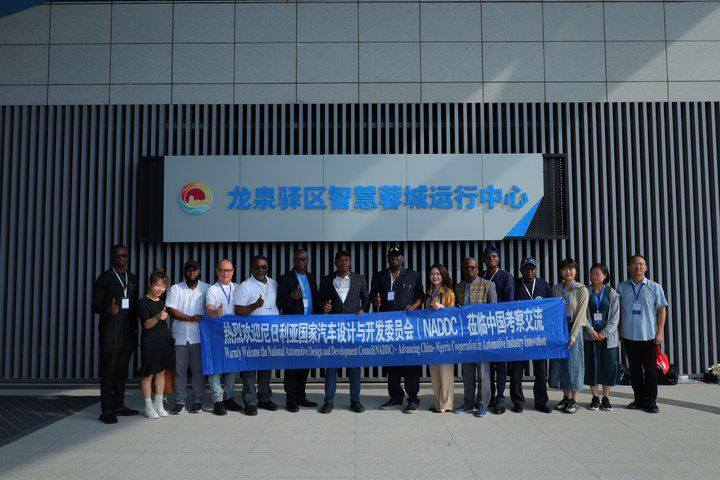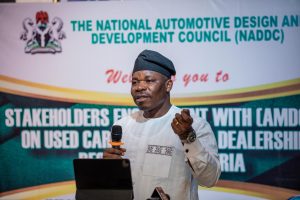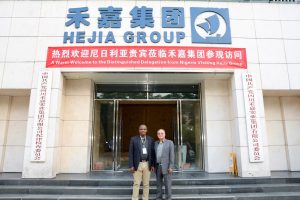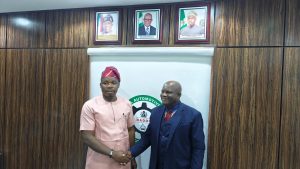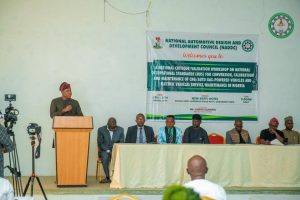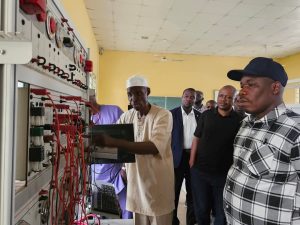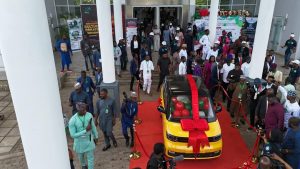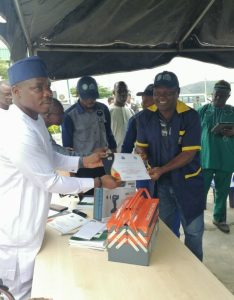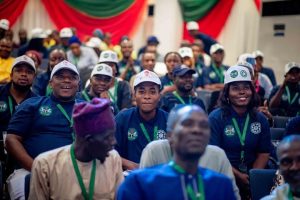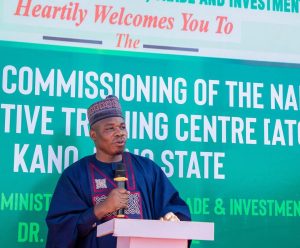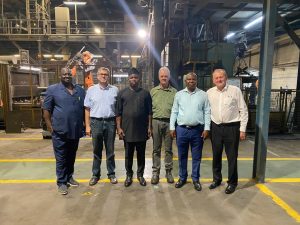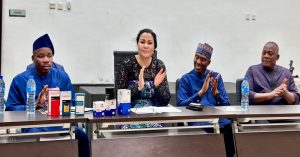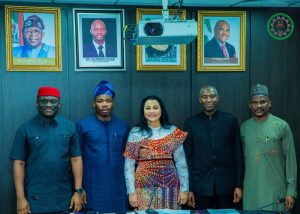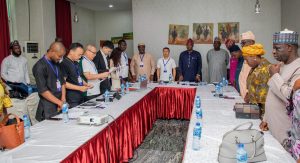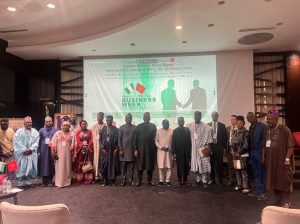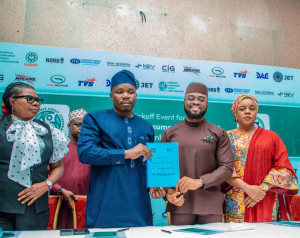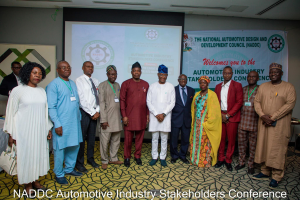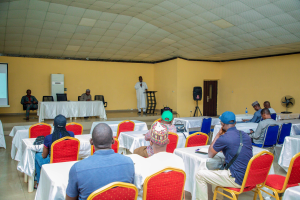NADDC Deepens Automotive Ties with Chengdu Economic Zone and Auto Giants in China.
The National Automotive Design and Development Council (NADDC) of Nigeria, led by its Director General, Mr. Oluwemimo Joseph Osanipin, has commenced a strategic automotive development tour in China with a high-level visit to the Chengdu Economic and Technological Development Zone (Longquanyi District), including key factory visits to Lincoln, Zeekr, and FAWAY Automobile Components Co. Ltd on the 19th of May 2025.
The visit marks Day 1 of NADDC’s China Tour, aimed at forging industrial partnerships, facilitating knowledge transfer, and encouraging foreign investment in Nigeria’s growing automotive sector.
During a comprehensive briefing, the leadership of the Longquanyi Economic Zone presented an in-depth overview of the area’s advanced infrastructure, investment support systems, and focus on strategic industries including intelligent connected vehicles, high-end aerospace, and energy electronics. Notably, the zone’s Longquan Auto City currently hosts 382 enterprises, with an annual vehicle output of 825,000 units, including 80,000 new energy vehicles (NEVs) — a figure that doubled year-on-year in 2023.
Mr. Osanipin emphasized NADDC’s interest in adopting global best practices and leveraging China’s robust automotive ecosystem to attract component manufacturers and NEV investors to Nigeria. “Nigeria is ready,” he said, “with government incentives and a strong market in West Africa. We want Chinese companies to not just export to Nigeria but produce in Nigeria.”
The delegation also received insights from the Head of the Automobile Sector within the zone, who detailed the regulatory and fiscal mechanisms that have enabled companies like FAW, Toyota, and Geely to thrive. The Chengdu Zone, he noted, produced 700,000 vehicles in 2024 and has already exceeded 73,000 NEV units in early 2025.
Discussions continued with remarks from Mr. Ladipo of Hejia Group, who reaffirmed NADDC’s commitment to partnerships across the entire automotive value chain. Mr. Musa Sani, NADDC’s Director of Policy Planning and Statistics, provided detailed information on Nigeria’s SKD and CKD frameworks, BOI funding opportunities, and existing incentives for NEV manufacturing.
The day concluded with factory tours to Lincoln, Zeekr, and FAWAY, where the Nigeria delegation observed first-hand advanced manufacturing practices and innovations that could be adapted to Nigeria’s industrial landscape. The NADDC’s mission in China continues as Nigeria strives to position itself as a central automotive hub in West Africa through global partnerships and sustainable industrial development.
The engagement underscored strong potential for collaboration between Nigeria and leading Chinese automotive players, especially in the area of new energy technologies, component manufacturing, and vehicle assembly. The strategic rendezvous initiated by the NADDC also focused on establishing long-term technology transfer programs and building local production capacities in Africa’s most populous nation.

